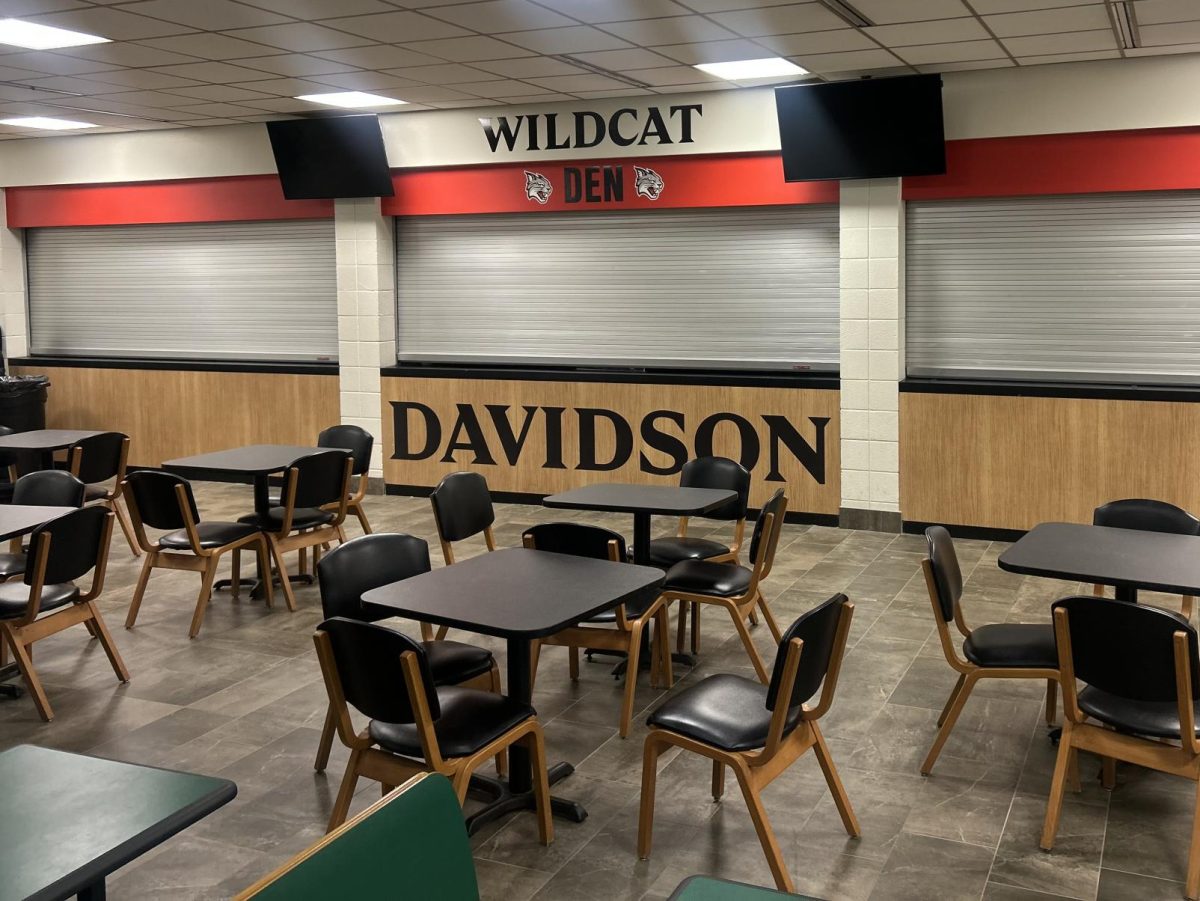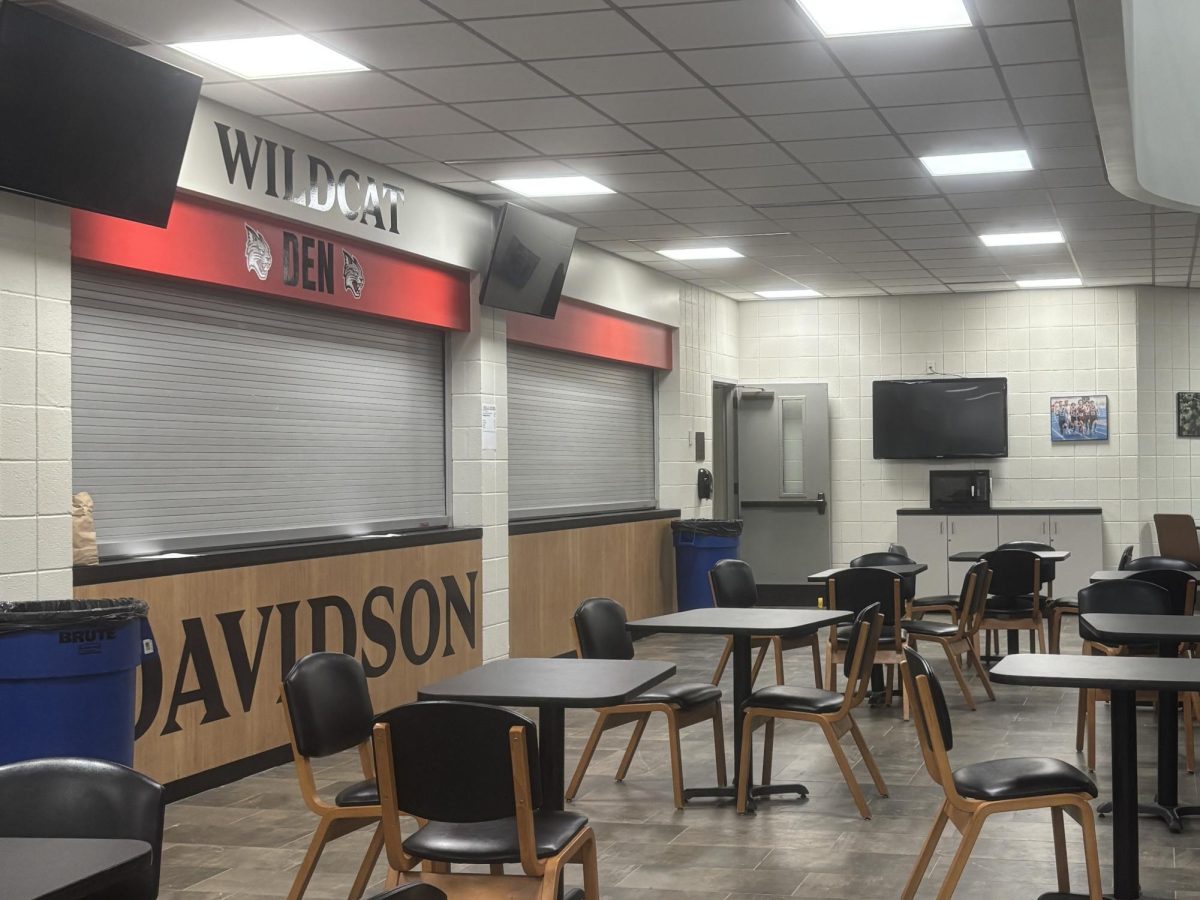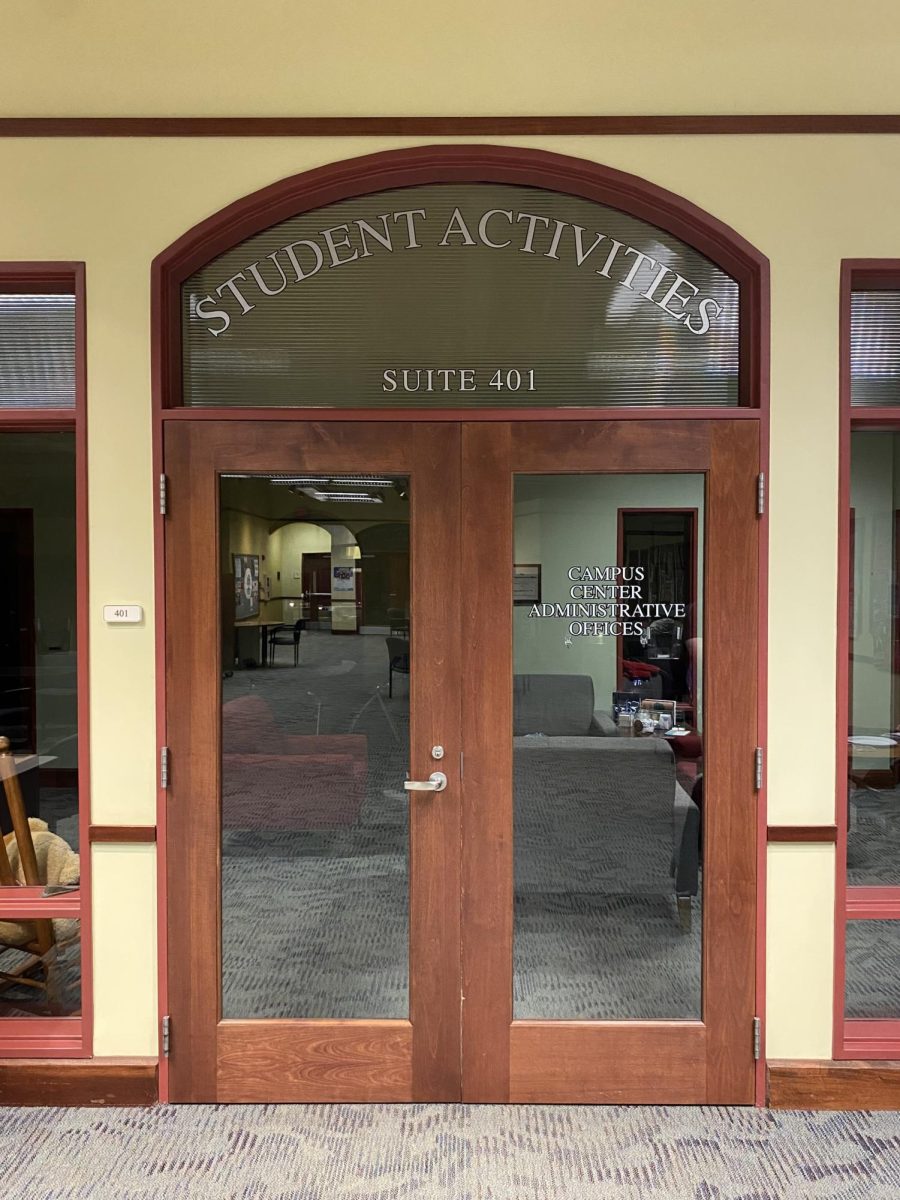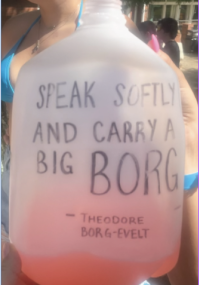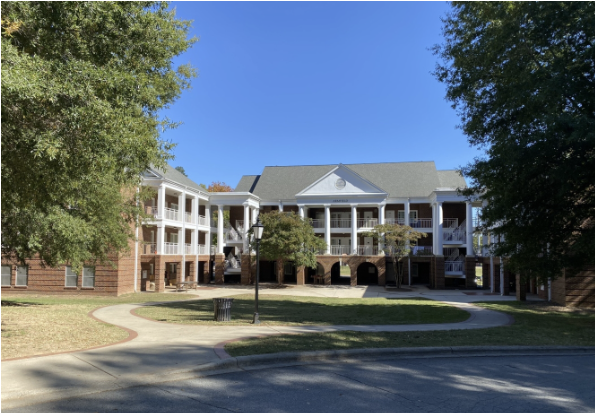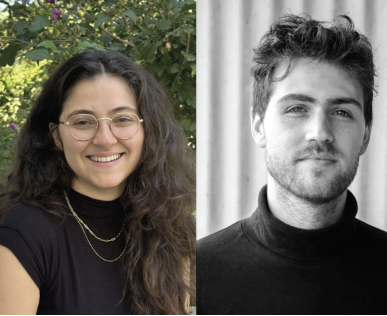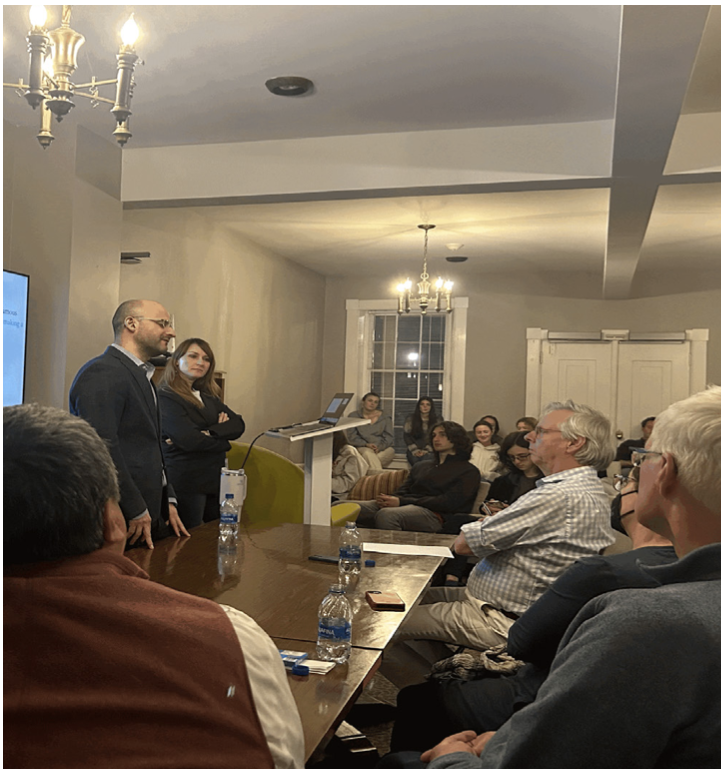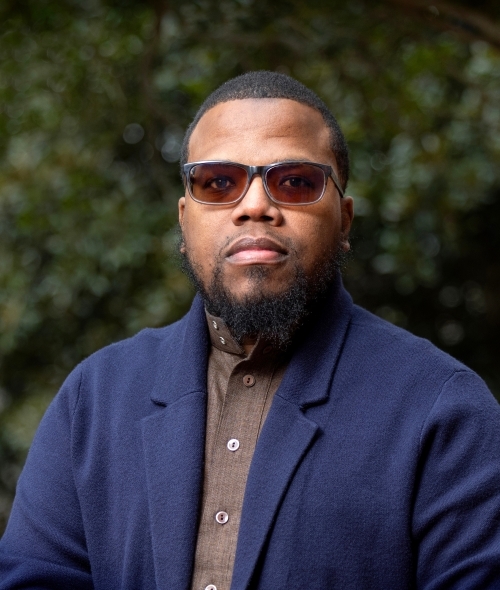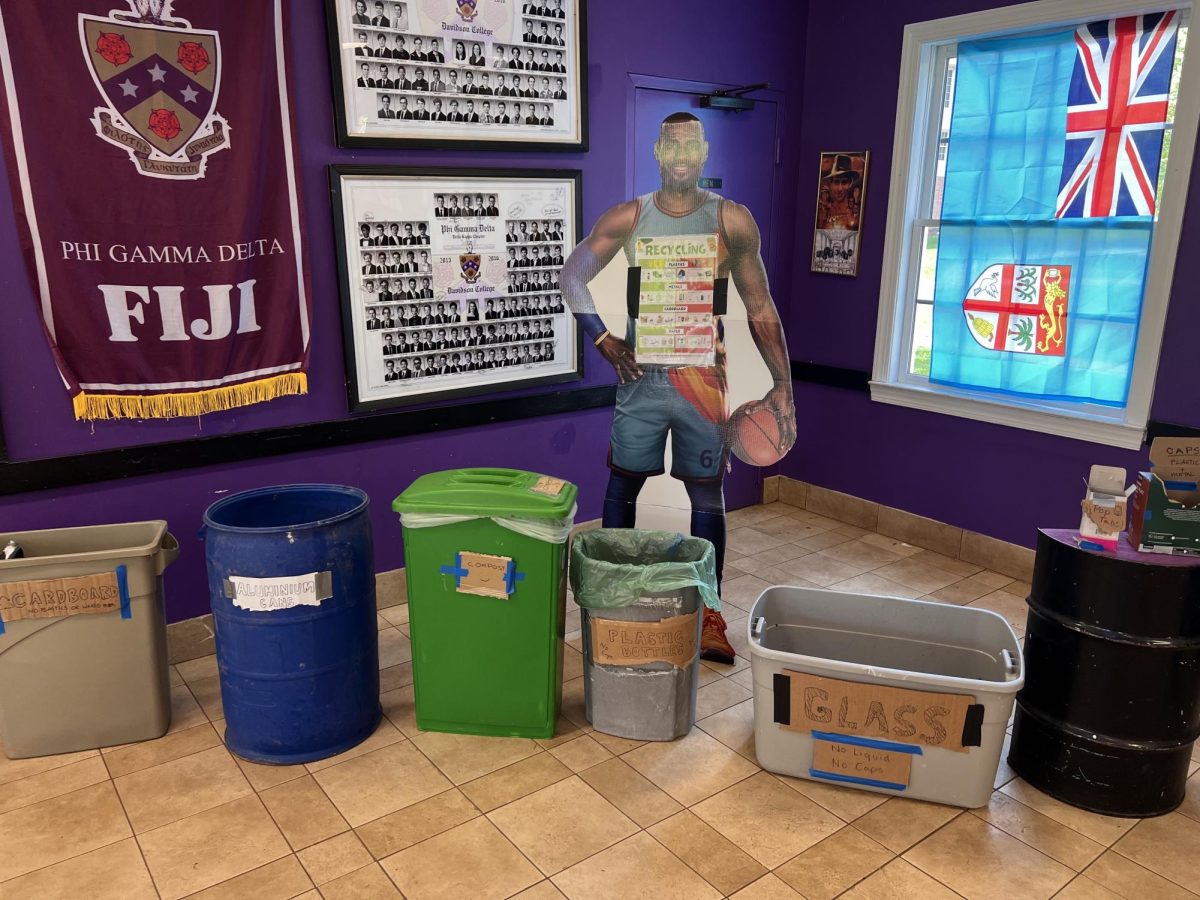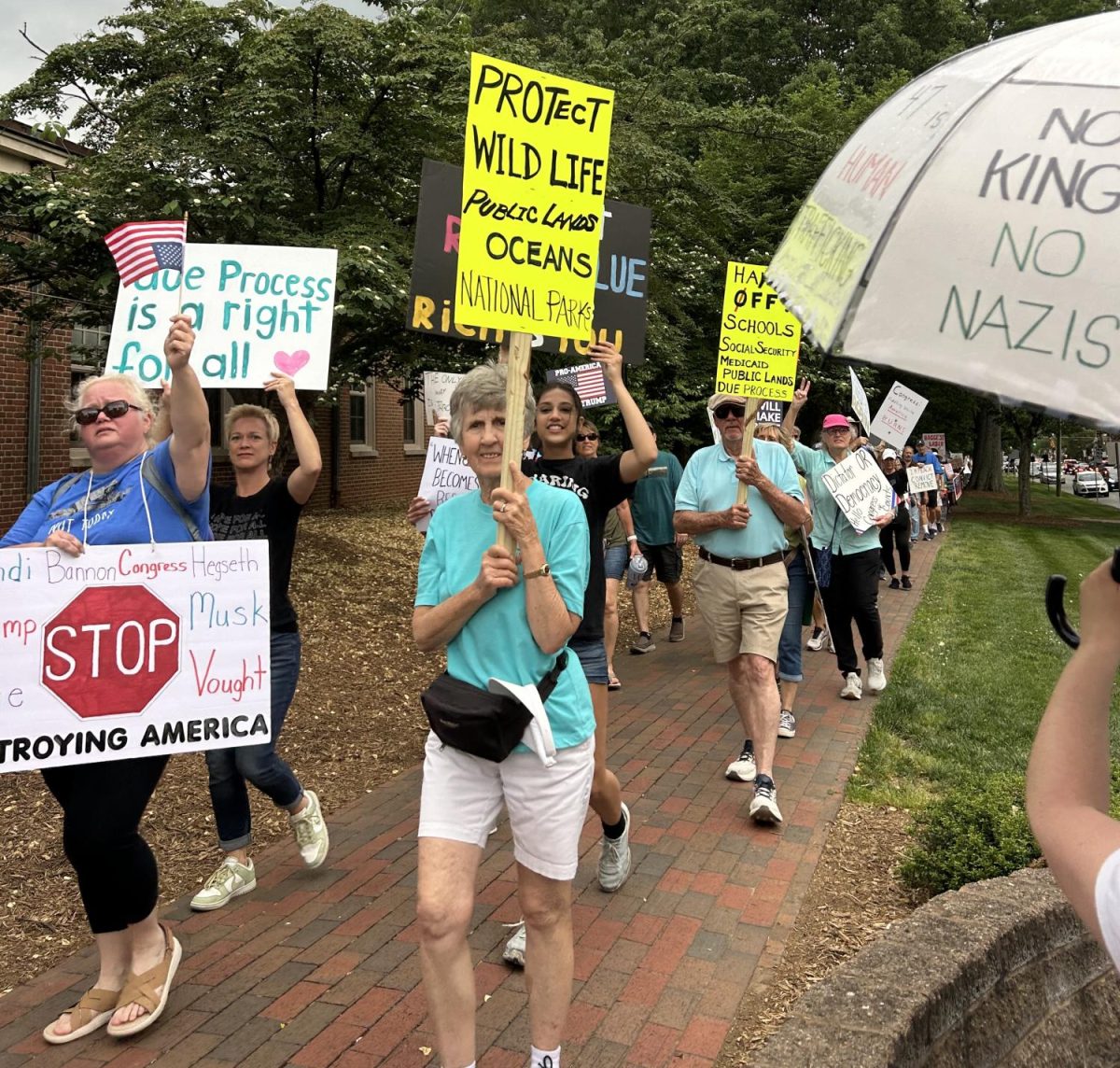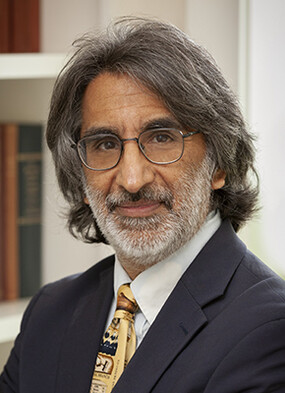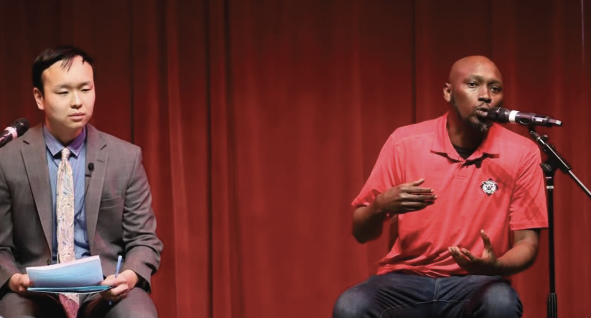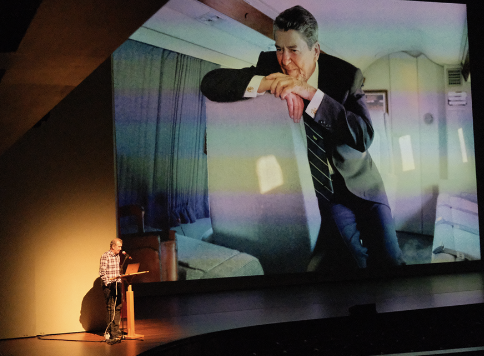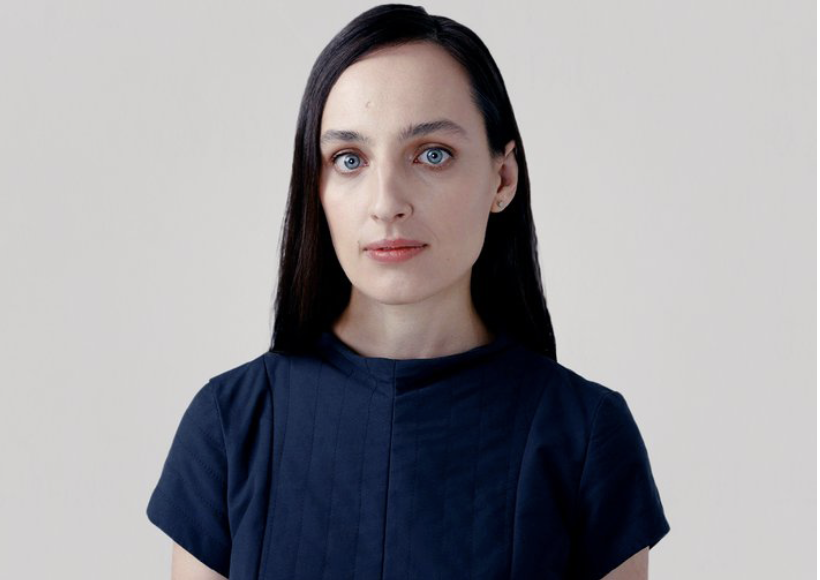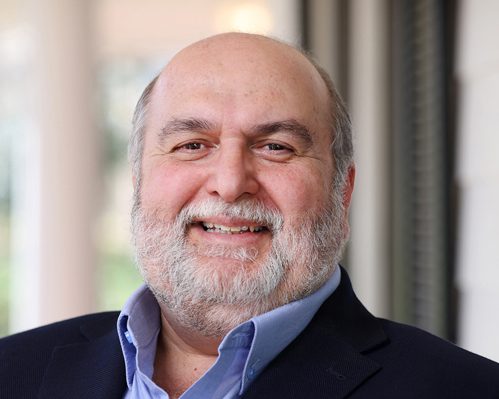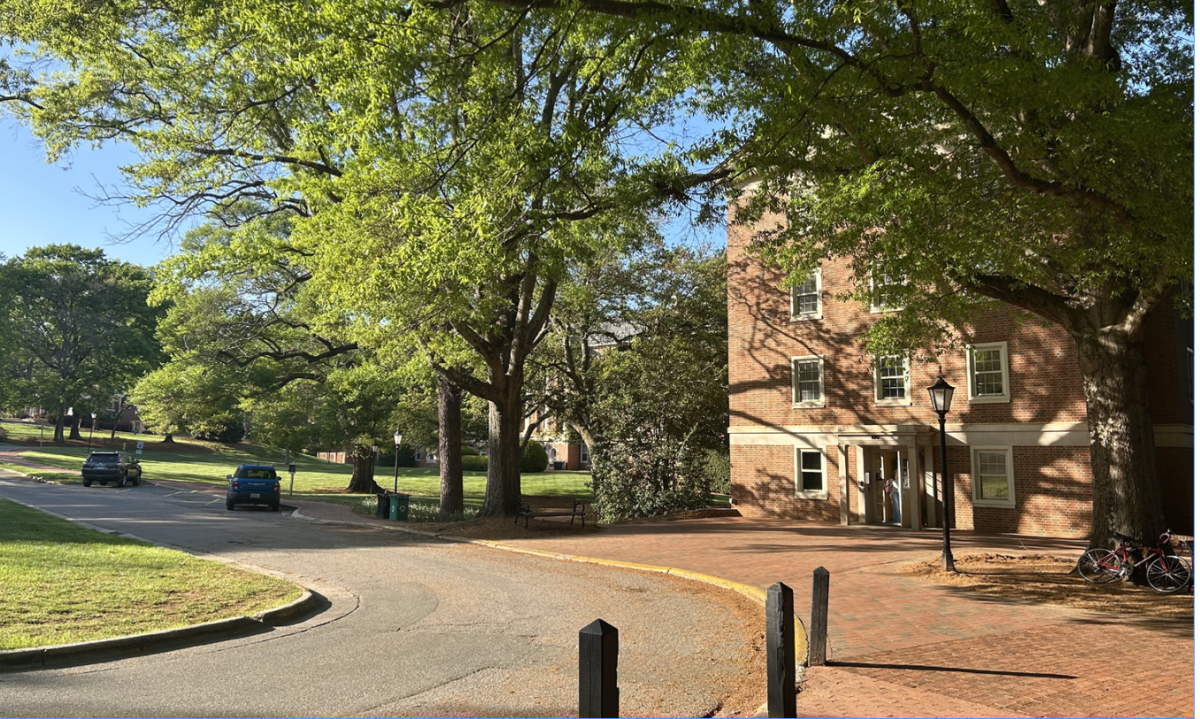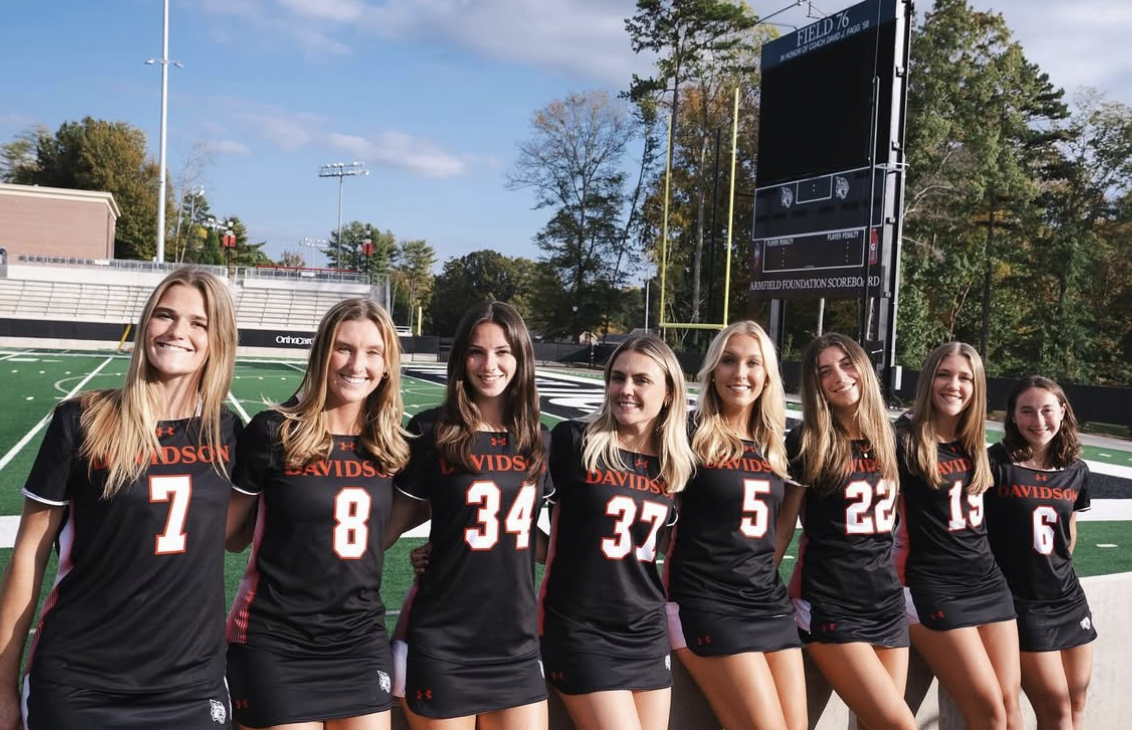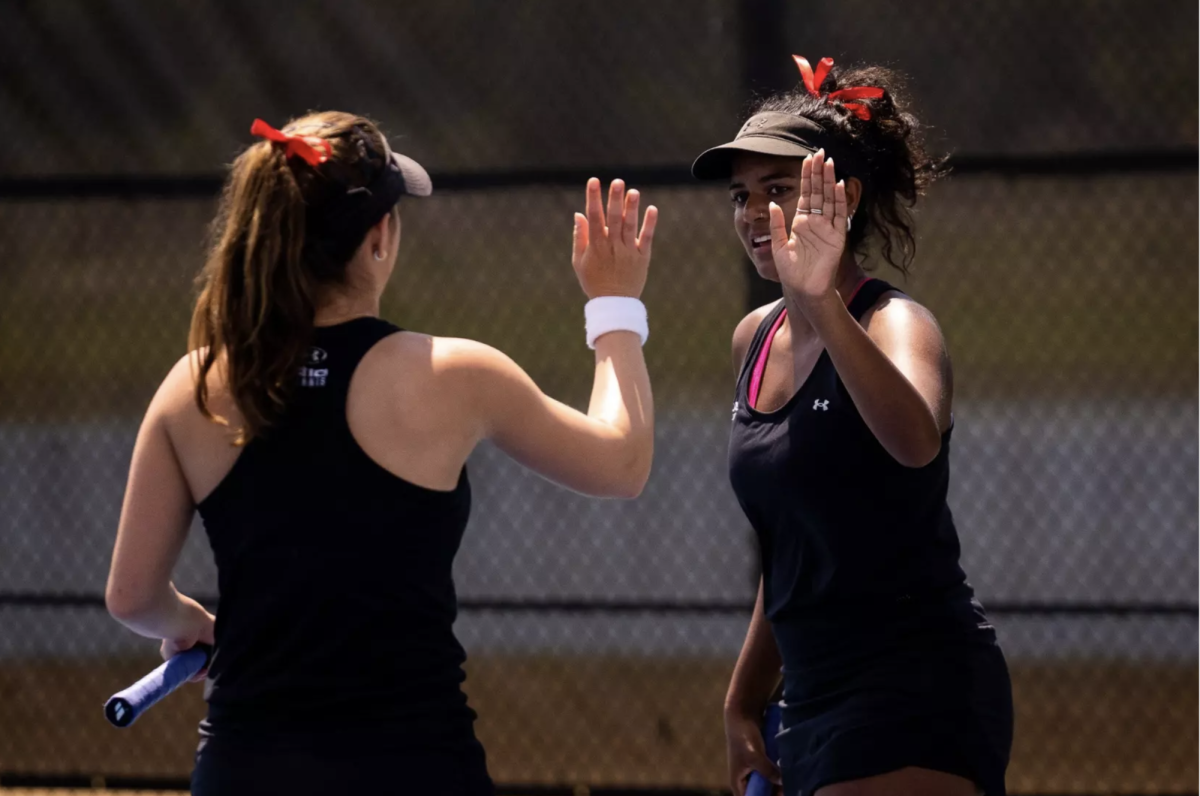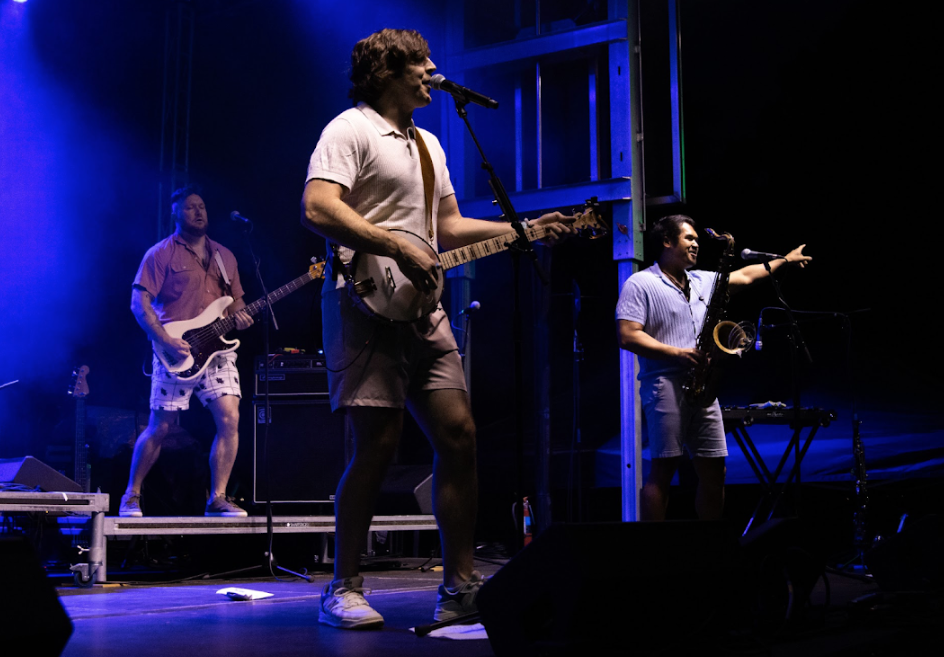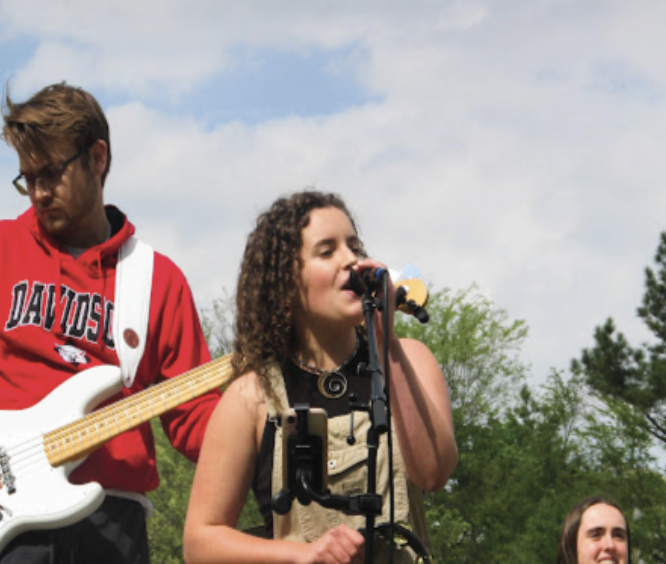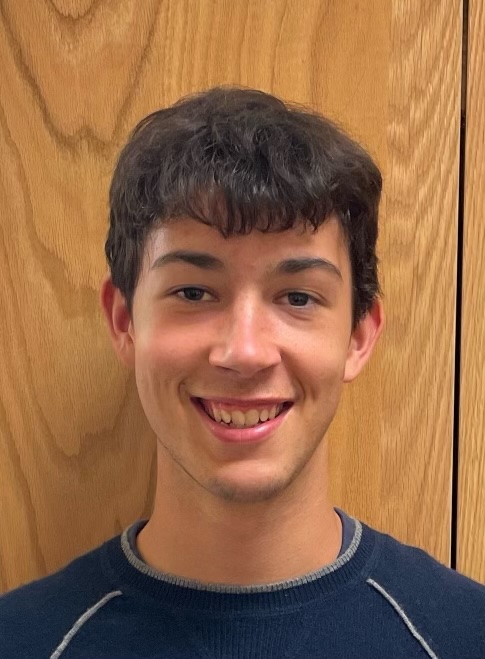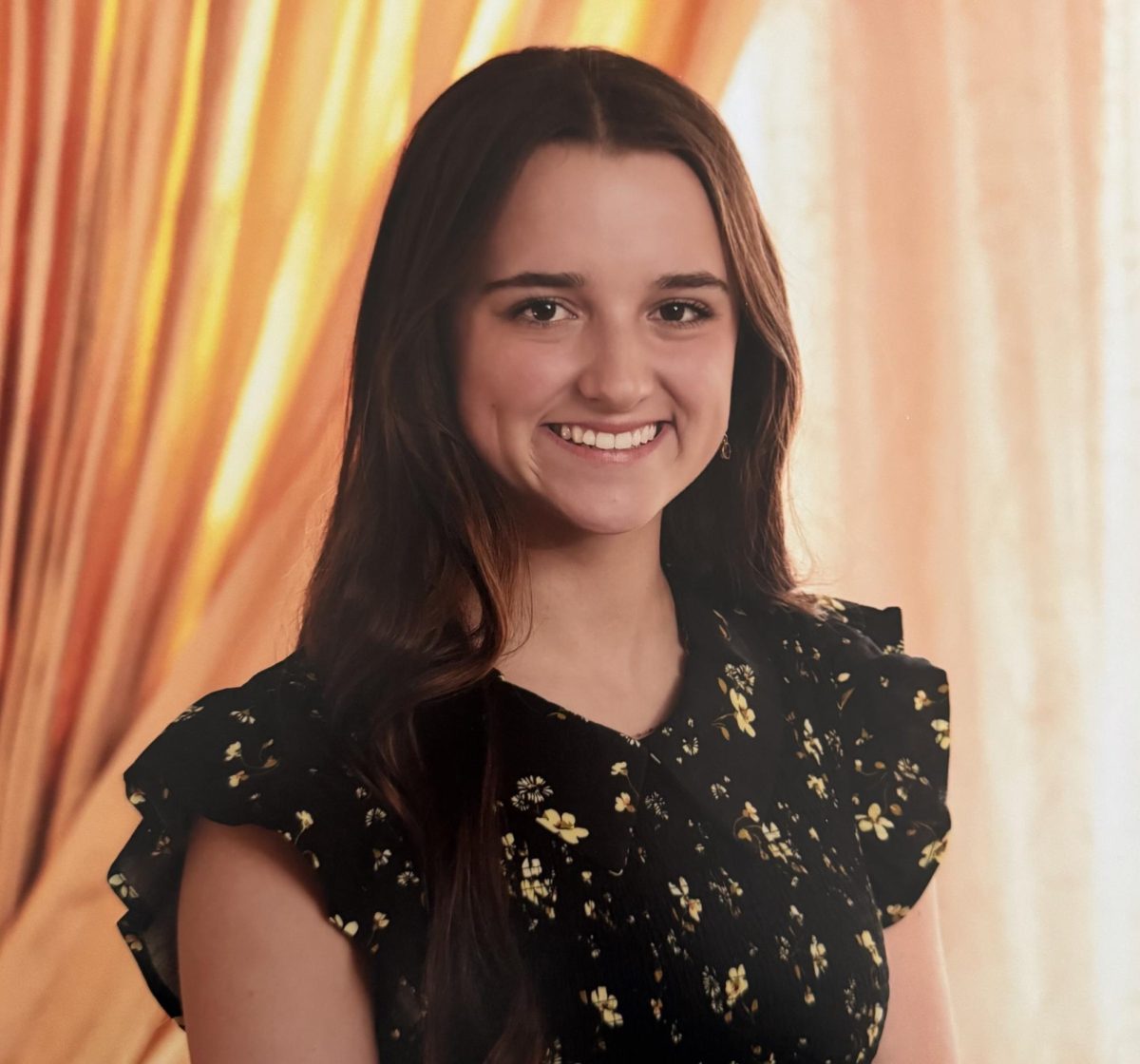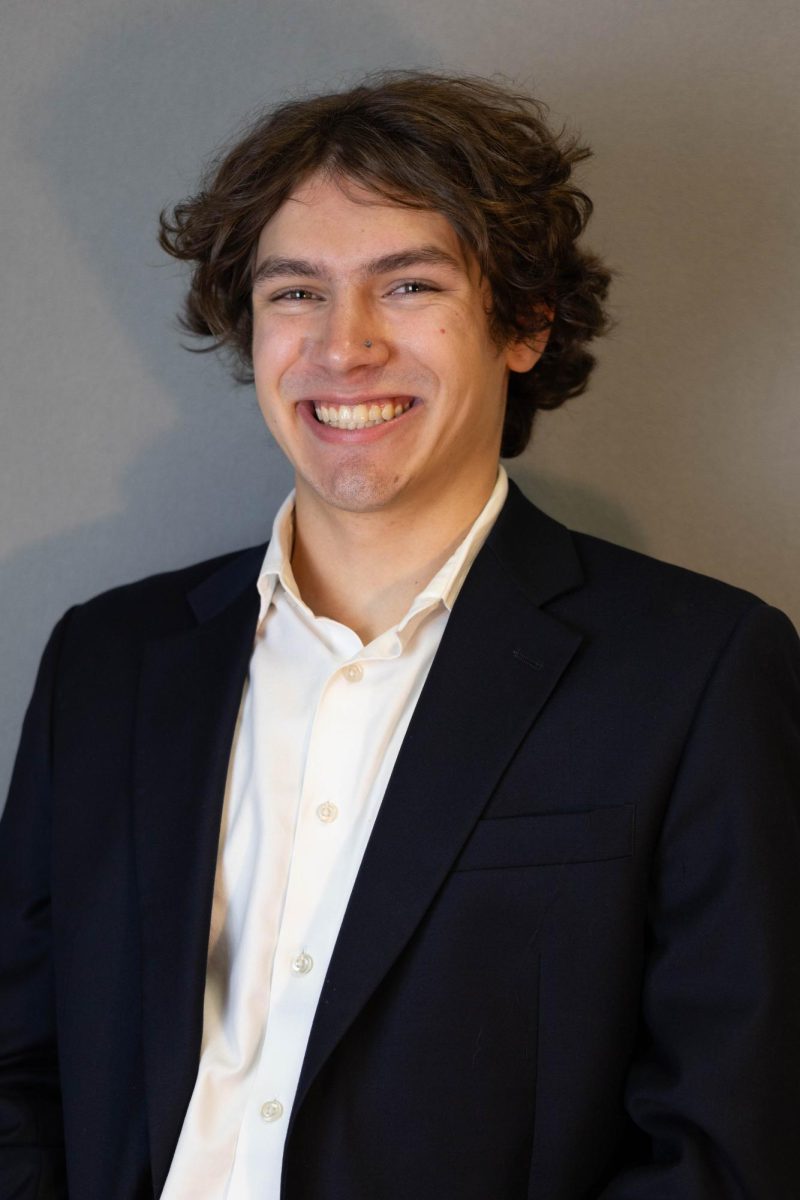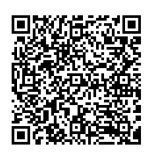 Recently, I made the decision to quit the Davidson College track team. This was due to a variety of reasons: a loss of love for the sport, the time commitment, and the feeling that I could be contributing to my community in different ways. It was a really difficult decision, which I stressed and thought about for weeks. The track team had been, and still is, a safe haven, a family, and a group of individuals who all commit themselves to our various disciplines. In the end, I realized my limitations. I knew that I would be more fulfilled in my final two-and-a-half years at Davidson without track than with it.
Recently, I made the decision to quit the Davidson College track team. This was due to a variety of reasons: a loss of love for the sport, the time commitment, and the feeling that I could be contributing to my community in different ways. It was a really difficult decision, which I stressed and thought about for weeks. The track team had been, and still is, a safe haven, a family, and a group of individuals who all commit themselves to our various disciplines. In the end, I realized my limitations. I knew that I would be more fulfilled in my final two-and-a-half years at Davidson without track than with it.
My decision to leave the team was partly due to the nature of track and field. I began pole vault (yes, the same sport as the guy from Sweden with his girlfriend at the Olympics who were in all the TikTok edits) when I was a freshman in high school. Before that, I had been a gymnast for most of my life. I quickly came to love each technical aspect of the sport. It was similar to the individual nature of gymnastics: competing for a team, sure, but the only person who controls what you do or how you perform is yourself. There are no excuses: bad refs, unfair opponents, or lack of communication with teammates do not exist.
While pole vault may look fairly simple, you have to really hone in on each step of the process to maximize your speed and transfer of energy. When you run, you need to strike under your hip and on the ball of your foot. When you take off, your bottom foot has to stomp in line with your top arm punching, so that no energy is lost. When you swing, you must carry the energy in your top arm while swinging your trail leg to be fully upside down. Then you must push your foot up the pole while dropping your shoulders to turn and invert over the bar. There are a million things to think about and only about three seconds to execute each step.
In high school and all of last year, I enjoyed this challenge. However, I came to realize that pole vault is 75% mental and only 25% physical. It doesn’t matter how strong or fast I am; if I can’t mentally visualize myself going over the bar and think about how to change my body positions in the air, I won’t be successful. Enjoyment and competitiveness fueled the mental aspect of the sport for me. When the enjoyment aspect broke down, I found it harder and harder to mentally arrive at practice. I became angry and frustrated, and pole vault became dangerous for me. I couldn’t see clearly or feel what to do, and to be honest, I didn’t really want to.
After I arrived at this point, I realized I had two options. I could change my mindset and rework how I viewed pole vault or choose the nuclear option and quit (a term I use lovingly here). I decided that I would give myself four weeks to work on option one and see if I could make a change. After these four weeks, it only got harder to focus because I kept thinking about all of the things I could be doing if I wasn’t pole vaulting. I could be playing club lacrosse or going to hot yoga or getting a job.
After talking to both of my coaches, I made the decision to quit. I’ve been a non-athlete for about a month now and feel like the world is my oyster. I’ve done things I previously only dreamed of, such as the aforementioned hot yoga, IM basketball, and eating dinner at 5:30PM.
It’s definitely weird to convert from athlete to non-athlete, but I do find myself having more respect for both sides. Athletes make an incredible time commitment to their sports, which often involves more than just an afternoon practice. Some have 7:00AM lifts and travel for entire weekends, all while squeezing their homework into only a few hours. On the other hand, non-athletes are often just as busy as athletes. They have commitments to jobs, clubs, or other organizations that require just as much time management as the commitments athletes have.
I wish that both athletes and non-athletes would realize this about the other side. We were all accepted to this school on merit and all have uniquely busy schedules that require us to manage our time wisely. Athletes and non-athletes alike should learn to realize their limits, something I’m still working toward and will be for at least a little while longer.
Cameron Unice ‘27 is an intended Political Science major from Richmond, VA and can be reached for comment at [email protected].



